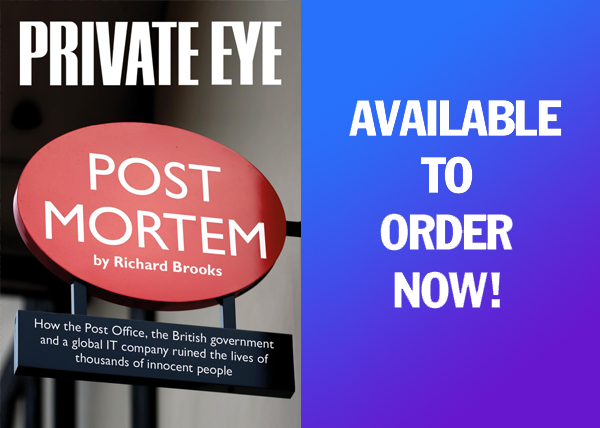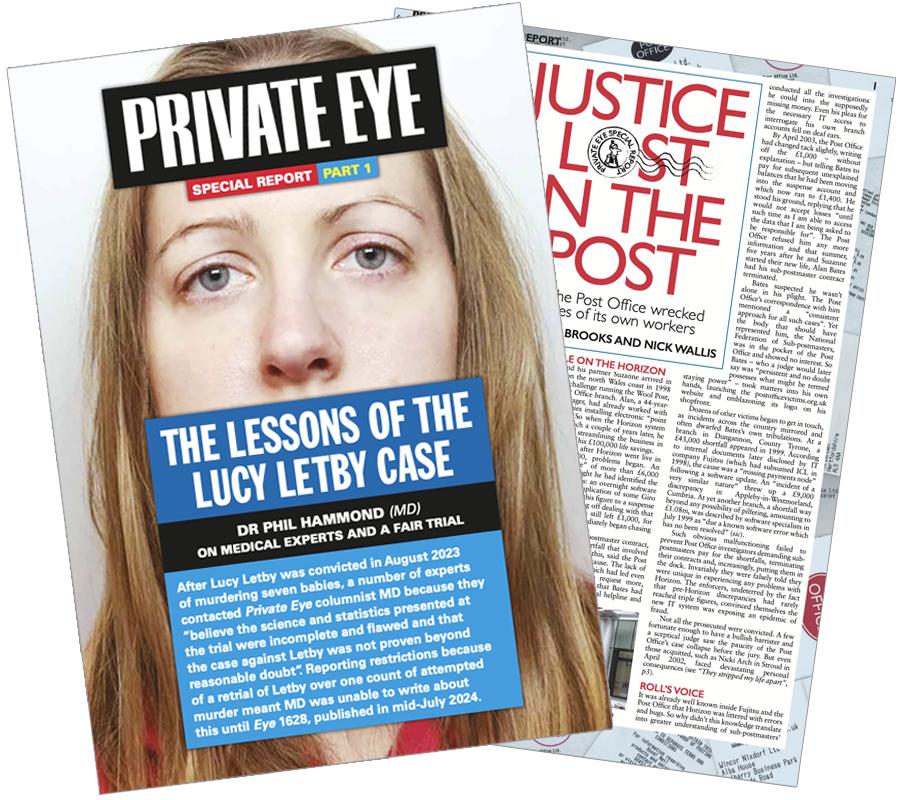
Ozone player
Biohacking , Issue 1664

HUM2N makes big claims, saying treatments are "fast and noticeable", and "visible and measurable".
The speaker notes for a recent Californian conference describe Dr Enayat as a "rockstar visionary" creating the "tomorrowland of health". While he lacks any published research into longevity, he cites a decade of experience as a GP and specialisation in "functional" medicine (the rebranded term for alternative medicine).
Safety concerns
Behind the sci-fi aesthetics, some of the treatments on offer carry real risks. For longer living – aka "biohacking" – HUM2N offers intravenous ozone therapy. The US Food and Drug Administration has warned against such treatment, saying there isn't enough evidence that it's either useful or safe.
This year the journal Archives of Academic Emergency Medicine reported on the case of a 36-year-old woman who was admitted to hospital in Australia suffering severe neurological complications shortly after being given IV ozone to "boost immunity".
HUM2N also offers expensive hyperbaric oxygen therapy, which has real life-saving uses for rare situations, such as divers with decompression sickness, but is widely sold by alternative-health practitioners as a treatment for anything from ADHD to hair loss, despite the risks of serious lung and ear injuries (see Eye 1647).
Paper trials
When asked by the Eye about the scientific basis for such treatments, Dr Enayat sent a long list of articles and papers, mostly relating to experimental uses to treat specific health conditions rather than providing evidence of improving longevity.
"We are transparent where evidence is emerging rather than conclusive," he insisted.
Another cornerstone of HUM2N's offerings is NAD+, a bodily coenzyme it describes as the "miracle molecule".
For £1,995, the treatment is claimed by HUM2N to improve IVF success rates – when asked for evidence of this, Dr Enayat cited a study into mice that itself cautions "highly limited" effects on humans with "numerous questions unanswered" and no human trials. He said NAD+ treatments were "clearly positioned as exploratory, not a proven disease-modifying therapy".
Skin in the game
Controversial skincare treatment intravenous glutathione is sold for £195 a pop. The Chartered Trading Standards Institute warned consumers earlier this year that the treatments are "not licensed for cosmetic use here and pose significant health risks", frequently causing nasty side effects especially when administered intravenously, including kidney or liver damage and anaphylaxis.
When challenged, Dr Enayat agreed that "strong clinical data" for benefits of this treatment "exist only in specific niches".
Dr David Gems, professor of biogerontology at University College London's Institute of Healthy Ageing, described it as "surprising that a registered GP would be so relaxed about offering some of these quack treatments". And Dr Michael Sagner of King's College London's ARK ageing research unit described any advertised "biohacking" as a red flag, with most treatments being useless and some dangerous.
More top stories in the latest issue:
UNCLE SAM'S SPYING SPREE
Long-time Trump loyalist David Friedman is to become executive chairman of the developer of software often used to spy on difficult journalists and activists.
PANIC STATION
Even very senior managers at tree-burning electricity generator Drax are now using its anonymous in-house whistleblower hotline to air their concerns.
TIPPING POINT
A Guardian for the River Cherwell says the enormous illegal waste dump next to the A34 is the "nail in the coffin" for the waterway.
TALES OF THE RIVERBANK
The Port of London Authority is trying to reopen a licensing argument with local houseboat owners, months after the owners spoke out at a public inquiry.
HUMBER UMBRAGE
Humberside Police has been mired in misconduct allegations, but now it emerges that some of those allegations couldn't possibly have been true.
BALANCE OF POWER
Wyldecrest Parks has been ordered to pay nearly £40,000 after charging mobile-home site residents full grid prices for electricity the company got for nothing.
































